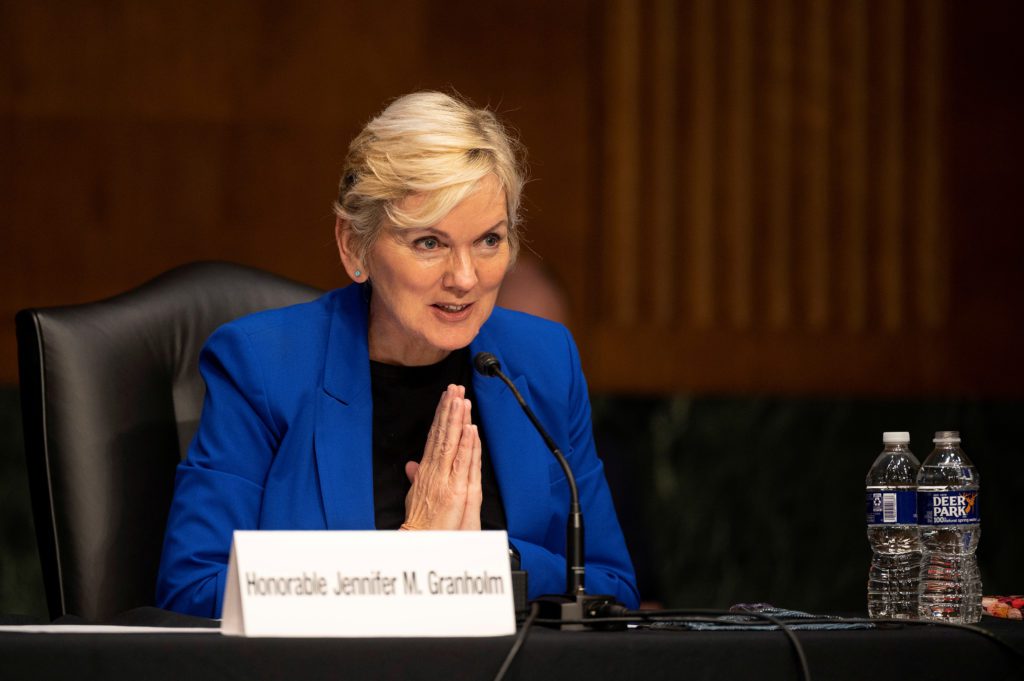Money from President Biden’s Bipartisan Infrastructure Law will generate well-paying manufacturing jobs, develop clean energy supply chains, and reduce industrial emissions.
The U.S. Department of Energy (DOE) announced $425 million to cut industrial emissions and advance clean energy manufacturing crucial to the U.S. energy supply chain as part of President Biden’s Investing in America agenda. The program will enhance America’s energy security, create well-paying jobs, decrease climate pollution, and ensure that the communities benefiting from the clean economy. Funded by the Bipartisan Infrastructure Law (BIL) and managed by the Office of Manufacturing and Energy Supply Chains (MESC), the program aims to strengthen America’s energy security, create well-paying jobs, decrease climate pollution, and ensure that the communities benefiting from the clean economy. Advanced Manufacturing and Recycling Grant Program will support small and medium-sized manufacturers in current and former coal communities that are focused on producing and recycling clean energy products, as well as investing in decarbonization at their facilities. This opportunity builds on a successful first round of investments in 2023, representing $275 million of federal investments across seven selected projects in seven states.
“All across America we’re seeing a manufacturing boom that is revitalizing communities while preserving and expanding the local workforce,” said U.S. Secretary of Energy Jennifer M. Granholm. “DOE is utilizing the historic investments in President Biden’s Investing in America agenda to expand economic opportunities to ensure former coal communities can take full advantage of the clean energy transition and continue their leading role in powering our nation.”
The Advanced Manufacturing and Recycling Grant Program is one of many historic BIL investments that supports the President Biden’s agenda to grow the U.S. industrial base and strengthen our supply chains, including in clean energy manufacturing. The program aims to establish secure, resilient, domestic energy supply chains while creating high-quality jobs and revitalizing energy communities.
In this second round, DOE will prioritize two investment themes or “areas of interest”: 1) Clean Energy Manufacturing and Recycling (which was funded during the first round of the program), and 2) Industrial Decarbonization. Applications for Clean Energy Manufacturing and Recycling are expected to establish, re-equip, or expand an existing manufacturing or recycling facility for the production or recycling of advanced energy. Industrial Decarbonization, a new area of interest for the second round of the program, focuses on building or upgrading manufacturing facilities to significantly reduce greenhouse gas emissions and create low carbon materials. Projects under this funding program, across either area of interest, must take place in communities where coal mines have closed since December 31, 1999, or coal-fired power plants have closed since December 31, 2009. A mapping tool showing eligible communities under the program is available here.
All candidates must present a plan showing the project’s measurable impact and advantages to the employees and the local community by DOE’s dedication to: involving communities and labor; investing in American workers through high-quality jobs; promoting diversity, fairness, inclusion, and accessibility; and carrying out the President’s Justice40 Initiative, which aims for 40% of specific federal investment benefits to go to underprivileged communities.



